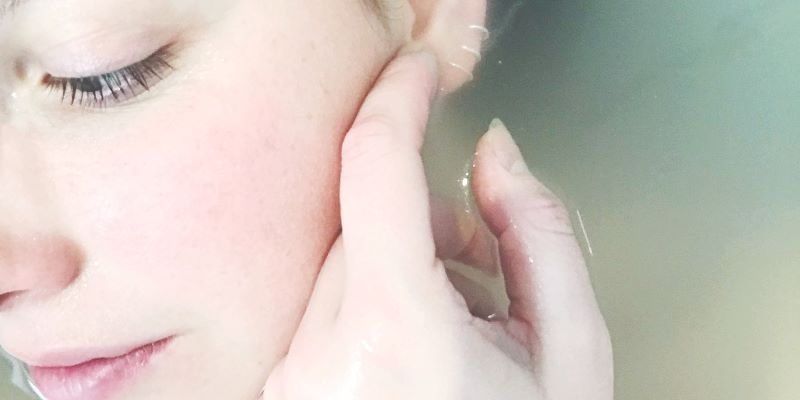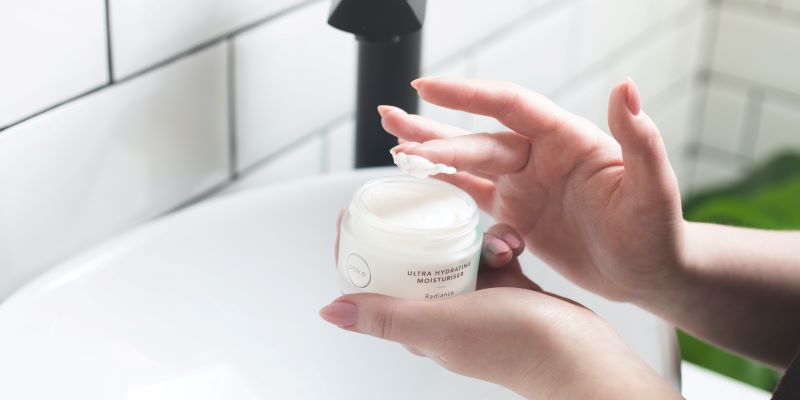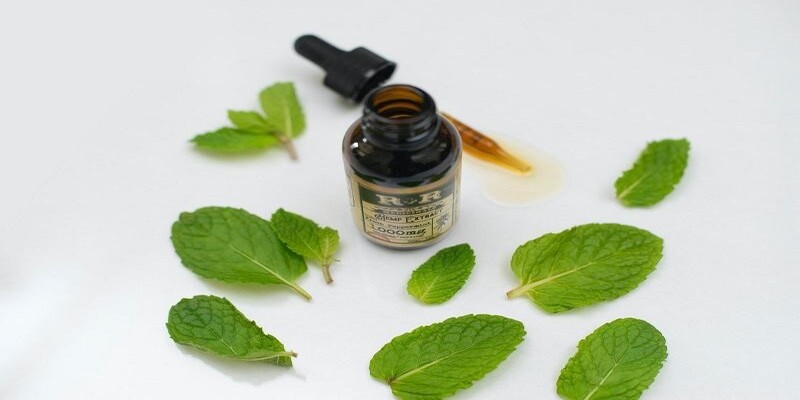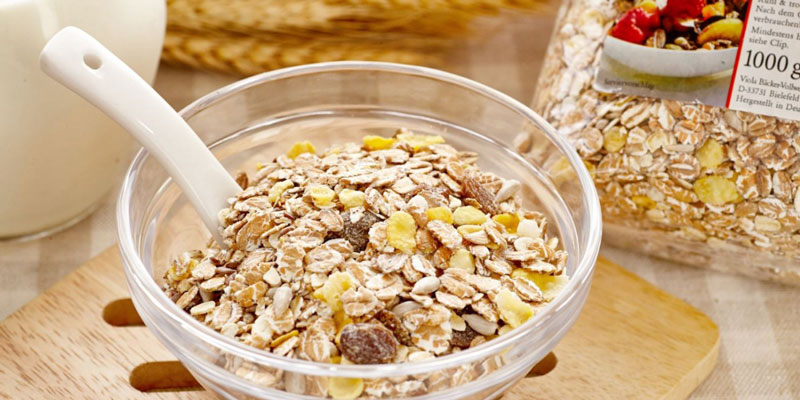Glycerin in Skincare: Benefits for Face and Overall Skin Health
Feb 14, 2024
Glycerin, a common ingredient found in numerous skincare products, is often overshadowed by fancier, trendy ingredients. But there's a reason it has been a staple for so long. Glycerin offers a multitude of benefits for the skin and face. So, let's break down all the reasons why you might consider including glycerin in your skincare routine.
What is Glycerin?
Glycerin, also known as glycerol, is a transparent, odorless liquid that is derived from plants or animal fats. It's a type of humectant, which means it has the ability to attract moisture and keep it locked in. Due to its hydrating properties, glycerin is commonly found in lotions, soaps, and various other skincare and cosmetic products.
Key Benefits of Glycerin for Skin and Face
- Moisturization: As a humectant, glycerin draws moisture from the air and helps retain it in the skin. This leads to increased hydration and a soft, supple skin texture.
- Promotes Skin Health: By maintaining the skin's water balance on an intercellular level, glycerin can prevent excessive dryness or oiliness.
- Skin Protection: Glycerin strengthens the skin's natural barrier, helping shield the skin from environmental sources of irritation.
- Anti-Aging Properties: Regular use can help reduce the appearance of fine lines and wrinkles by keeping the skin well-moisturized.
- Soothes Skin: It has calming properties that can soothe irritated or inflamed skin.
Glycerin Benefits for Face - The Highlight Reel
While glycerin offers several advantages for overall skin health, it has some specific benefits when used on the face:
- Natural Glow: By retaining moisture, glycerin gives the face a healthy, radiant glow.
- Reduces Acne: Its non-greasy nature means it won't clog pores, making it suitable for those with acne-prone skin.
- Treats Oily Skin: Glycerin can help regulate oil production, leading to a balanced and less shiny complexion.
- Enhanced Texture: With regular use, you'll notice a smoother and more refined skin texture.

How to Use Glycerin for Skin
1. Direct Application:
- Mix glycerin with water in a 1:4 ratio (glycerin: water) and apply to the face using a cotton ball. Rinse off after 5-10 minutes.
2. Face Packs:
- Combine glycerin, rose water, and lemon juice for a rejuvenating face mask. Leave on for 10 minutes and rinse.
3. In Lotions and Creams:
- Glycerin is often included in over-the-counter skincare products. Check the ingredients list when shopping.

Table: Quick Glance at Glycerin's Skin Benefits
Property | Benefit |
Humectant | Attracts and retains moisture |
Non-comedogenic | Won't clog pores |
Natural | Derived from plant or animal sources |
Gentle | Suitable for even sensitive skin types |
Versatile | Used in creams, lotions, soaps, and face packs |
Frequently Asked Questions (FAQs) about Glycerin for Skin and Face
What exactly is glycerin?
Glycerin, also known as glycerol, is a clear, odorless liquid derived from plants or animal fats. It's known for its ability to attract and hold moisture.
Why is glycerin used in skincare products?
Glycerin is used in skincare products because it's a great moisturizer. It helps keep the skin soft, radiant, and hydrated by drawing moisture from the air and locking it into the skin.
Can I use glycerin on my face?
Yes, glycerin is excellent for the face. It offers a natural glow, reduces acne, treats oily skin, and can enhance skin texture.
How do I use glycerin on my skin?
You can mix glycerin with water and apply it directly to your face, add it to face packs, or use lotions and creams that list glycerin as an ingredient.
Can glycerin cause breakouts or acne?
Glycerin itself is non-greasy and won't clog pores, so it's suitable for those with acne-prone skin. However, always check other ingredients in products, as they might not be non-comedogenic.
Is it safe to use glycerin every day?
Yes, but it's essential to use it in the right amount and ideally combined with other moisturizing ingredients to ensure it doesn't draw moisture out of the skin.
Can people with sensitive skin use glycerin?
Glycerin is gentle and suitable for most skin types, including sensitive skin. However, it's always a good idea to do a patch test first.
What should I mix with glycerin for a face mask?
A popular face mask recipe combines glycerin, rose water, and lemon juice. Leave it on for about 10 minutes and then rinse it off.
Is glycerin natural?
Yes, glycerin is derived from plant or animal sources, making it a natural ingredient.
I've heard glycerin can be drying. Is that true?
If overused and not combined with other moisturizing ingredients, glycerin can sometimes draw moisture out of the skin. It's essential to balance its use with other hydrating ingredients or water.
Things to Consider
While glycerin is generally safe for most skin types, always conduct a patch test before applying it directly to your face or skin. This ensures you won't have an adverse reaction. And remember, too much of anything isn't always good. Overusing glycerin without combining it with other moisturizing ingredients can sometimes draw moisture out of the skin rather than locking it in.
In summary, glycerin's longstanding presence in skincare isn't just for show. Its impressive range of benefits, especially its unmatched hydrating properties, makes it a must-have in many skincare routines. Whether you're hoping to achieve a radiant glow, combat dryness, or simply maintain healthy skin, glycerin might just be the unsung hero you've been looking for.





